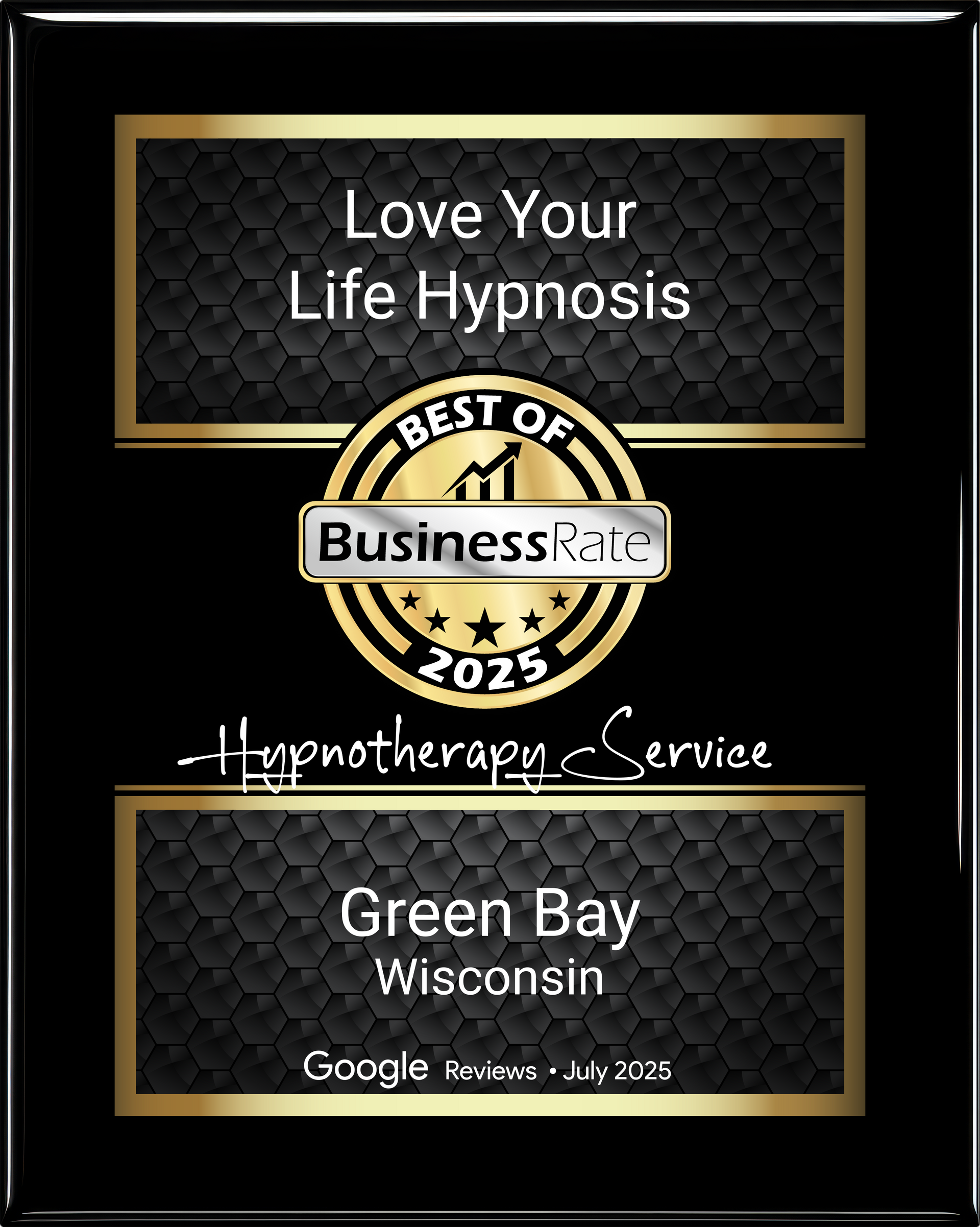Effective Communication for Leaders: 7 Essential Tips to Follow
Effective communication is a crucial skill for leaders in today's dynamic and fast-paced work environments. The ability to convey information and ideas clearly, efficiently, and thoughtfully can have a remarkably positive impact on team dynamics, decision-making processes, and overall organizational success. With the guidance of Ken Dombrowski, your Executive Life Coach and Master Hypnotist, leaders can refine their communication skills, foster collaborative environments, and empower cohesive, high-performing teams.
This article will explore the various components of effective communication for leaders, including active listening, emotional intelligence, clarity, and conciseness, and adapting to different communication styles. By harnessing these principles and leveraging the services of Ken Dombrowski, you will be well on your way to mastering the art of effective communication, enhancing your leadership capabilities, and driving success in both your personal and professional endeavors.
1. Active Listening: The Foundation of Effective Communication
Active listening is a crucial component of effective communication, ensuring that leaders truly understand the ideas, concerns, and feedback from team members. By honing active listening skills, leaders can foster a trusting environment where team members feel valued and appreciated.
Active listening involves focusing on the speaker, maintaining eye contact, and showing genuine interest in what they have to say. It means putting aside distractions and truly being present in the conversation. By doing so, leaders can gather valuable insights, identify potential issues, and make informed decisions.
To practice active listening, leaders should start by being fully present in every conversation. They should listen without interrupting, allowing the speaker to express their thoughts fully. Leaders can also ask open-ended questions, encouraging the speaker to share more information. Paraphrasing and summarizing what was said also demonstrates understanding and helps clarify any misunderstandings.
A Master Hypnotist and Executive Life Coach like Ken Dombrowski can delve deep into your subconscious, using hypnosis as a tool to remove mental blocks and distractions while promoting an enhanced focus on the 'here and now.' He can also work on consciously developing active listening. By teaching leaders to tune into verbal and non-verbal cues, and to respond in ways that demonstrate understanding, the coach helps cultivate an empathetic, attentive leadership style.
2. Emotional Intelligence: Building Meaningful Connections
Emotional intelligence is essential for leaders to communicate effectively with their teams. By understanding and managing emotions – both their own and others' – leaders can navigate challenging conversations, provide empathetic support, and foster a positive work environment.
One way to hone emotional intelligence is through self-awareness. Leaders should strive to understand their own emotions, strengths, and weaknesses. By recognizing their own triggers and reactions, they become better equipped to manage their emotions and respond appropriately to others.
Practicing empathy is also key to building strong relationships. Leaders should put themselves in their team members' shoes, seeking to understand their perspectives and feelings. This fosters a sense of trust and respect, creating an environment where open and honest communication can thrive.
A Master Hypnotist and Executive Life Coach like Ken Dombrowski can help you unearth negative patterns that hinder emotional growth while providing you with practical tools to navigate emotional landscapes effectively. He can help foster empathy, self-awareness, adaptability, and resilience – attributes that are cornerstones of emotional intelligence.
By cultivating emotional intelligence, leaders can establish meaningful relationships with their team members, promoting open communication and enhancing overall team performance.
3. Clarity and Conciseness: Refining Your Message
To communicate effectively as a leader, one must convey messages with clarity and conciseness. Transparent communication eliminates confusion, minimizes misinterpretations, and ensures that everyone is on the same page.
Start by organizing your thoughts and distilling complex ideas into simple, digestible concepts. Use precise language and avoid jargon that may confuse or alienate your audience. Also, embrace brevity, as it captivates attention and saves time.
By embracing clarity and conciseness in communication, leaders can transmit information more efficiently, reduce misunderstandings, and improve the overall effectiveness of team interactions.
4. Adapting to Different Communication Styles
Effective communication requires leaders to recognize and adapt to the diverse communication styles within their teams. Each individual has a unique manner of conveying and processing information, and understanding these differences can significantly improve communication. Four primary communication styles include:
- Passive: Individuals who are hesitant to express their thoughts and feelings openly
- Aggressive: Individuals who communicate in a forceful, dominating manner
- Passive-Aggressive: Individuals who indirectly express displeasure or frustration
- Assertive: Individuals who openly express their thoughts and feelings in a respectful and receptive manner
A Master Hypnotist and Executive Life Coach can help you access untapped potential and develop a deeper understanding of yourself and others, and this self-awareness is the first step towards adapting to different communication styles. This can help facilitate better understanding, enhance team dynamics, and optimize overall communication effectiveness.
5. Providing Constructive Feedback and Acknowledging Successes
Effective communication for leaders also involves providing constructive feedback and acknowledging successes. Leaders should strike a balance between offering guidance and recognizing achievements to foster team growth and maintain morale.
It's important to focus on the behavior or action rather than the person, ensuring it doesn't come across as personal criticism. It's also best to be specific about the issue and provide concrete examples to support your feedback. This helps the recipient understand their areas of improvement.
Additionally, offer suggestions or solutions to help them overcome the challenges they face. Lastly, always remember to maintain a positive and inspiring tone, emphasizing the potential for growth and the value they bring to the team.
By providing balanced feedback and celebrating achievements, leaders can enhance team performance and foster a culture of continuous growth and improvement.
6. Utilizing Multiple Communication Channels
For effective communication, it is essential to utilize a variety of available channels to accommodate different preferences and situations. Each communication method has its unique advantages, and a versatile approach can optimize your interactions with team members.
In-person meetings are ideal for complex discussions, brainstorming sessions, or team building. Meanwhile, phone calls or video conferences are suitable for urgent matters or remote teams. You can also use emails to provide detailed information, updates, or formal communication. Quick, informal communication can also be delivered through instant messaging or chat applications.
By harnessing different communication channels, leaders can optimize their interactions with team members and ensure that information is transmitted effectively and timely.
7. Cultivating a Culture of Open Communication
Creating a work environment that fosters open communication is vital for encouraging effective collaboration and promoting team satisfaction. When team members feel comfortable communicating their ideas, concerns, or challenges, it allows leaders to address issues more proactively and make well-informed decisions.
To cultivate this culture, leaders must lead by example and actively encourage open dialogue. They should listen attentively, provide constructive feedback, and encourage diverse perspectives. Transparency and honesty are key, as leaders should be open about their own thoughts and feelings.
By cultivating a culture of open communication, leaders set the stage for successful team dynamics, increased engagement, innovation, and overall organizational success.
Embrace the Power of Effective Communication with Ken Dombrowski
Mastering effective communication is essential for leaders to foster strong team dynamics, drive organizational success, and support individual growth. By implementing the strategies discussed in this article and leveraging the transformative guidance of Ken Dombrowski, your Executive Life Coach and Master Hypnotist, you can elevate your communication skills and enhance your impact as a leader.
Don't let barriers in communication hold you back from reaching your full potential as a leader – embrace the power of
executive coaching in Green Bay with Ken Dombrowski by your side. Book a session today and embark on a journey of personal growth and professional development that will unlock new realms of leadership excellence.












